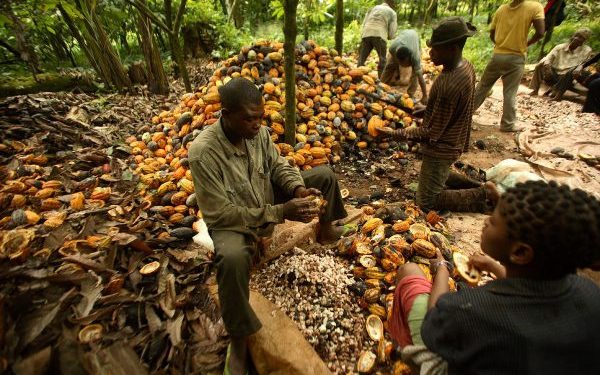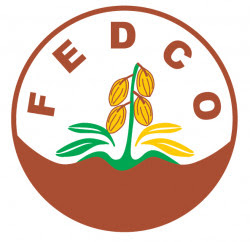The Cross River State chapter of the Cocoa Association of Nigeria (CAN) has unveiled a comprehensive empowerment programme targeted at training 400 youths in practical entrepreneurship skills, in a move designed to promote self-reliance, reduce unemployment, and stimulate local economic growth.
The programme, officially announced in Ikom, is part of a broader strategy to address the rising tide of youth joblessness by equipping young people with hands-on skills in trades such as welding, carpentry, and bricklaying. According to the state chairman of the association, the days when youths waited endlessly for white-collar jobs are fast disappearing. The new reality, he said, calls for proactive measures to help young Nigerians become creators of opportunities rather than seekers.
He stated that construction has commenced on a fully equipped skill acquisition centre along the Ikom-Calabar highway. The facility, once completed, will serve as the operational base for the training sessions and provide an enabling environment for learning and innovation. The centre is expected to serve not only Ikom but also surrounding communities across the state.
The association believes this initiative will also help address the recurring issue of cocoa theft in farming communities by engaging young people who would otherwise remain idle. By diverting their energy into meaningful ventures, the association hopes to reduce insecurity and build a generation of youth who contribute to economic and community development.
Participants who successfully complete the training will be provided with starter packs to help launch their businesses. This support is a deliberate effort to ease the financial burden often associated with starting small enterprises and ensure that the training translates into tangible results. The chairman described the programme as a practical investment in the future of Cross River’s youth and a strategic contribution to human capital development in the state.
Beyond the youth empowerment scheme, the association is also rolling out key initiatives to strengthen cocoa production. It has announced plans to distribute improved cocoa seedlings free of charge to farmers across the state. The goal is to improve the quantity and quality of cocoa produced, positioning Cross River as a competitive player in both local and international cocoa markets.
In a bid to deepen value chain development, the association has entered into partnerships with cocoa exporters to provide financial backing and supply contracts to at least 50 Licensed Buying Agents (LBAs). These partnerships are expected to boost the confidence and capacity of LBAs, many of whom operate at a small scale due to limited access to credit and market linkages. By working with exporters, the association hopes to create a more secure and profitable environment for cocoa trade.
One notable collaboration is with Tulip Company, which has already demonstrated its commitment to community development by constructing boreholes in the cocoa-producing communities of Balep, Bendeghe-Affi, and Akparabong in Ikom Local Government Area. The chairman said such corporate social responsibility efforts are examples of how strategic partnerships can benefit local communities while advancing the broader goals of agricultural development.
Altogether, the multi-pronged initiatives—youth empowerment, farmer support, and sector partnerships—reflect the association’s vision of transforming Cross River’s cocoa sector into a platform for economic resilience and inclusive growth. As these programmes take root, the association hopes to inspire other regions to adopt similar models of community-driven development, anchored on entrepreneurship, agriculture, and collaboration.










